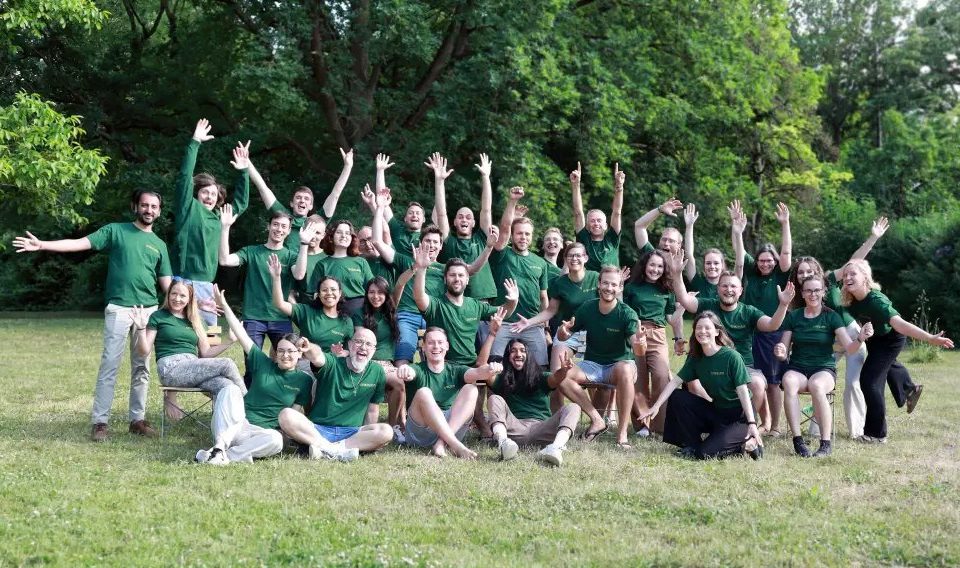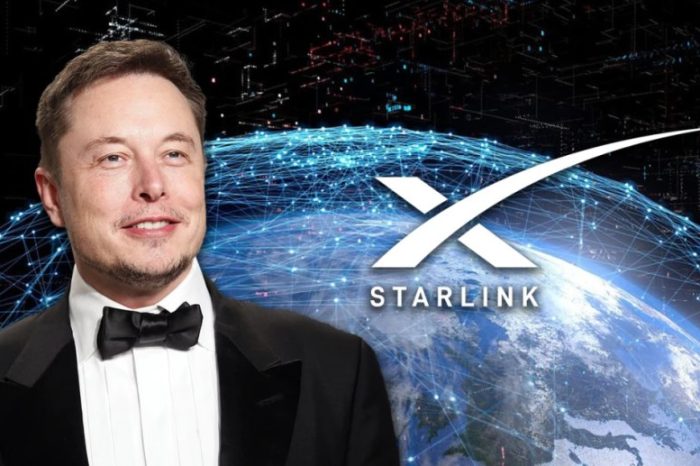German Biomaterials startup Traceless raises $39M in funding to tackle plastic pollution

The global issue of plastic pollution is an alarming crisis that impacts both humans and wildlife across the planet. Every year, more than 400 million tons of plastic are produced with a large portion thrown into the oceans, posing a severe threat to marine life. Shockingly, a mere 9% of plastics are recycled, leaving the remainder to deteriorate over centuries.
As plastic pollution escalates, so does the release of microplastics from disposed plastics, spreading throughout various environments, including oceans, rivers, landfills, rainwater, and marine habitats. Most recently, these microplastics have even been detected in mothers’ breast milk. In addition, multiple studies have revealed that we unwittingly ingest approximately five grams (equivalent to a spoonful) of plastics on a weekly basis. It is against this backdrop that one climate-focused startup has made it its mission to help tackle the plastic pollution problem.
Enter Traceless, a female-founded tech startup that is advancing a new era of eco-friendly biomaterials, free from harmful plastics. The team at Traceless has developed a plastic alternative based on agricultural waste and it’s now engineering new innovative biomaterials that seamlessly integrate into nature’s own biological cycle without any environmental footprint.
Today, the Hamburg, Germany-based startup announced it has raised 36.6 million euros (approx $38.9 million) in a Series A funding round for the construction of its first industry plant, a pivotal step that will allow the company to embark on large-scale production of its groundbreaking bio-circular alternative material and replace thousands of tons of conventional plastics in the process.
Leading the funding round is the private equity fund UB Forest Industry Green Growth Fund, an entity dedicated to investing in sustainable and resource-efficient forest and bio-based industries. Additionally, support comes from SWEN CP’s Blue Ocean fund, an investment initiative focused on innovations addressing key threats to ocean health, including overfishing, pollution, and climate change.
The funding also saw participation from local banking institutions, including GLS Bank and Hamburger Sparkasse, alongside the continued support of three existing investors: Planet A Ventures, a green-tech investor, High-Tech Gründerfonds (HTGF), a seed investor, and b.value, a deep tech investor.
Traceless was founded in 2020 by Dr. Anne Lamp and Johanna Baare with the mission to “contribute to a regenerative, climate-friendly economy and a future free of plastic pollution.” At the core of their innovation is a groundbreaking technology that transforms remnants from the agricultural industry into natural biomaterials.
These materials are characterized by their bio-based nature, home compostability, complete absence of plastic components, and a remarkably low ecological footprint. To fully unlock the immense ecological potential of this innovation, the startup is in the process of upscaling its technology from pilot-scale operations to industrial-scale production.
Commenting on the funding, CEO Lamp said: “Through scaling our innovative technology, we prove that a climate-friendly, circular, resilient and regenerative industry is possible. With our novel biomaterial, we can make a significant contribution to solving plastic pollution. We are convinced that UB FIGG and SWEN’s Blue Ocean fund are a great addition to our shareholders as they have relevant knowledge in our industry. The fact that both our investors and the banks fully support our mission was a decisive criterion for us.”
Unlike conventional plastics, Traceless’ material uses the inherent natural polymers present in its raw materials, resulting in a processing method that consumes up to 80% less energy than conventional plastics, Lamp Said. This approach boasts an impressive 80% reduction in energy consumption during processing when compared to traditional plastics. Additionally, Lamp noted the absence of wastewater, waste gases, or chemicals in their production process. Notably, the resulting material is entirely bio-based and can be composted in home environments.
Sakari Saarela, Partner at UB FIGG: “traceless’ approach to use widely available agricultural side streams to replace fossil-based plastic and the financial opportunity their solution proposes convinced us both economically and ecologically. The traceless team has achieved extremely strong results in terms of material performance, development times and commercialization of the new material. We are looking forward to accompanying Anne, Johanna and the team in the scale up of this innovative technology.”
In line with their commitment to sustainability, Traceless is also dedicated to contributing to the circular economy. Lamp emphasized their strategy of utilizing side-streams and adopting a low-waste process. In her words, “We have a wealth of side-stream resources globally but limited arable land. Therefore, our priority should be repurposing these side-streams into higher-value products.”
Johanna Baare, Co-Founder & COO:“Financing capital-intensive start-ups is still unfamiliar to many investors and banks. This makes it a special challenge for industrial manufacturing start-ups like us that are developing the innovative technologies of tomorrow. We are very pleased that with UB FIGG, SWEN CP, Planet A, HTGF, b.value our local bank consortium we have found partners who share our vision and have recognized and understood the challenges of financing our hardware scale-up. With their support, we are going to reach our ambitious goals to make our contribution to solve global plastic pollution!”

